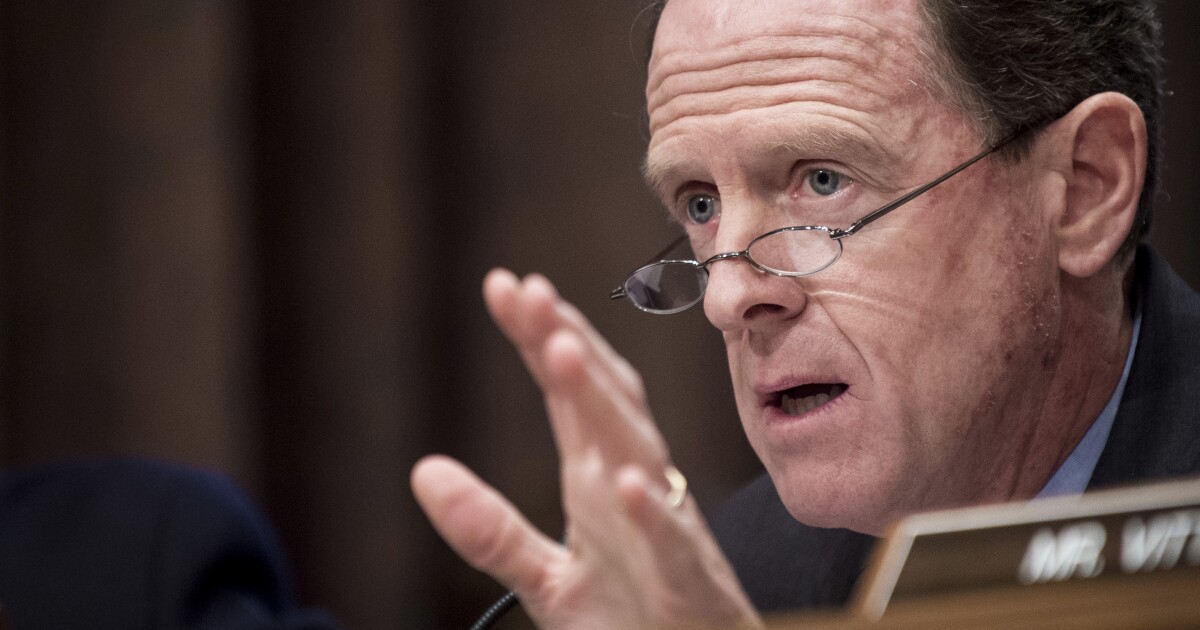
Senators Thursday took turns blaming the government and investors for the nation’s expensive, tight housing market during a hearing meant to address the challenges in housing an aging population.
Lawmakers during the U.S. Senate Committee on Banking, Housing and Urban Affairs hearing used their limited time to re-air past criticisms while asking experts to explain a grim senior housing outlook. An Urban Institute study estimates 13.8 million new households between 2020 to 2040 will be headed by someone older than 65, and many will be renters because of the lack of affordable housing.
“We are facing both the housing affordability and a housing supply crisis,” said New Jersey Sen. Robert Menendez, a Democrat. “And without significant investments and successful programs like HUD's Section 202 we're not going to be prepared for the coming wave of low-income senior renters.”
Melendez referenced the Department of Housing and Urban Development’s program to provide funding and subsidies for the construction of low-income multifamily housing for seniors. Pennsylvania Sen. Pat Toomey, the committee’s top Republican, cited that program among other subsidies and the government-sponsored entities for overheating the housing market and blamed inflation on the Biden Administration and the Democratic-led Congress’ spending including billions in housing assistance.
“Setting aside the question of whether the federal government should have a role in the housing market, we should at least ask ourselves, do we really need to spend even more taxpayer money on housing?” said Toomey.
Over 10 million households headed by someone 65 years old or older are cost-burdened in paying more than a third of their income on housing, said Jennifer Molinsky, senior research associate at the Joint Center for Housing Studies of Harvard. Cost-burdened seniors often cut back on food and medical care for housing, experts said. Senators recounted before the panel stories of massive waitlists, or under-supply of affordable housing, in their states.
Senators and some housing experts didn’t profess faith in the private sector to address seniors’ housing needs, pointing to HUD’s Low Income Housing Tax Credit program as its only incentive to step into the market. Massachusetts Sen. Elizabeth Warren, a Democrat and staunch critic of private equity’s involvement in the housing market, criticized investors’ financial interest in the manufactured housing market which serves as an affordable avenue for seniors.
Warren cited a Green Street Advisors finding that the manufactured housing sector is the only major commercial real estate asset class that hadn’t experienced a year-over-year decline in net operating income in any year since 2000. The threat to seniors' housing and their wallets is investors' control of the market, she said.
“They risk being squeezed out by rising rents, leaving them with even less money to buy medicine and put food on the table,” she said. “Congress needs to act to weaken the investors' grip on the housing market.”
Other expert witnesses continued to point to government spending for the tight housing market. The Federal Reserve’s $2.7 trillion held in mortgage-backed securities is fueling more leverage to buy homes in a low-interest rate environment, said Norbert Michel, vice president and director of the Center for Monetary and Financial Alternatives at the Cato Institute.
Michel, along with Thomas Wade, director of Financial Services and Housing Policy at the American Action Forum, pointed to zoning laws as the specific constraints to the nation’s housing supply.
“If Congress must intervene in the functioning of the free market to meet specific policy goals, it must do so on the supply side,” Wade said. “For example, by changing local zoning regulations or investigating the barriers to construction, and continuing the efforts to end the conservatorship of the GSEs.”



